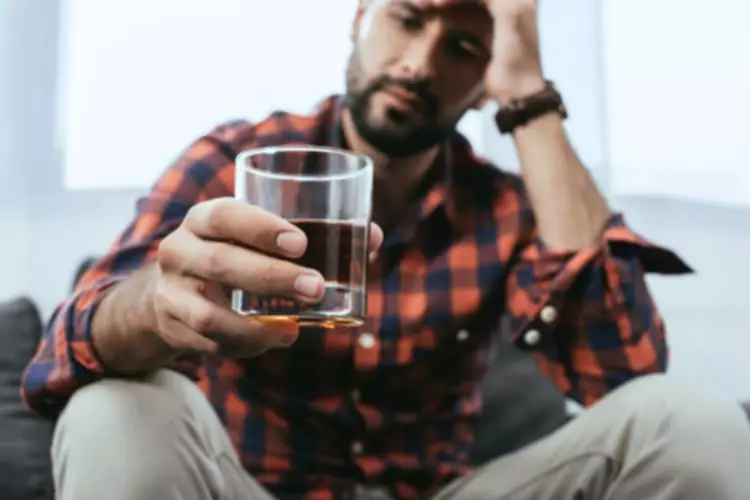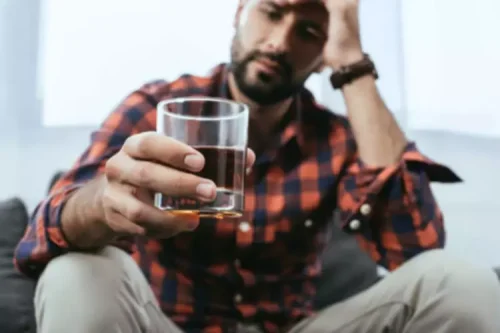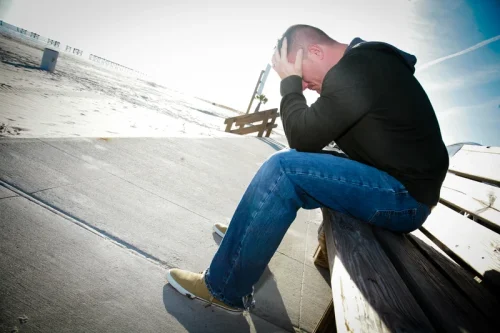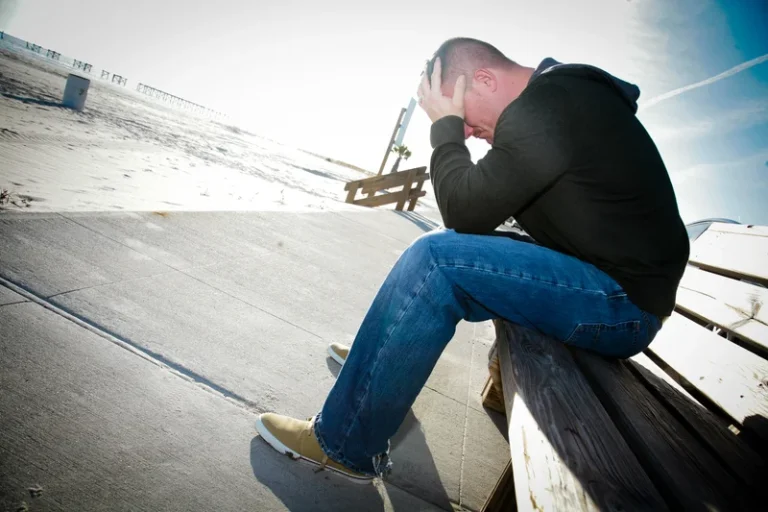
If you notice anxiety after light drinking, it may help to track your symptoms and explore lower, or non-alcoholic alternatives. Adrenalin can keep getting pushed out long after the intoxicating effects of the alcohol wear off. Alcohol acts as a sedative, often lowering the feelings of anxiety or panic that you may be experiencing. If you automatically reach for alcohol as soon as you notice the impending symptoms of a panic attack, you may believe that this substance calms you down and prevents you from spiralling. These effects are particularly visible the day after drinking when the hangover begins to set in.

How Can I Get Rid of Hangxiety?
- Symptoms of alcohol withdrawal can include restlessness, irritability, and anxiety — all of which are just the body trying to adjust to no longer having alcohol’s sedative effect in its system.
- Alcohol initially acts as a sedative, making social situations feel more manageable.
- For more detailed information and guidance, visit Empire Care Clinic.
- Walking, running, yoga, or even swimming can be healthy outlets that combat anxiety and offer stress relief.
- “To ameliorate these feelings, try reducing the amount you drink or stop altogether.” If you can’t do that, spacing out drinks can really reduce the impact alcohol may have.
If you reach for alcohol in an effort to avoid experiencing a panic attack or feelings of anxiety, you can quickly become trapped in a debilitating cycle that becomes very difficult to break. As well as being an unhealthy coping mechanism, cases of alcohol-induced panic attacks prove that alcohol can actually be the cause of anxiety and panic rather than the cure. Conclusively, if alcohol is becoming a central part of coping with daily challenges or social phobias, it’s pivotal to consider its long-term effects on mental health. This is especially alarming when considering that anxiety disorders and alcohol use disorder frequently co-occur. However, chronic alcohol abuse intensifies feelings of anxiety in the long run.

Health Categories to Explore
It’s common for people who drink alcohol to wake up the does beer cause anxiety next day with a distinct sense of worry, panic, unease, or fear. Along with headache and nausea, anxiety can be a symptom of alcohol withdrawal or hangover. There are many reasons that alcohol triggers this hangover anxiety, colloquially called “hangxiety.”
What is the Connection Between OCD and the Brain?
Alcohol is a diuretic, which means it can increase the production of urine and can lead to dehydration, exacerbating the symptoms of hangxiety. To what is Oxford House counteract this, drink plenty of water before, during, and after consuming alcohol. The relationship between alcohol and anxiety can be complex, and hangxiety may happen for several reasons. However, if there is a chance that you are physically or psychologically addicted to alcohol then you should not attempt to stop drinking without professional support.

Craft beers and flavored malt beverages often have a higher alcohol content, ranging from 5% to 9% alc/vol. Therefore, it is important to always check the container labels for the alcohol content and adjust your intake accordingly. This amount is found in 12 ounces of regular beer (with 5% alcohol by volume or alc/vol). Research also shows that the presence of either severe depression or Alcohol Use Disorder (AUD) doubles the likelihood of the presence of the other. Fortunately, there are many alternative options to deal with anxiety.
